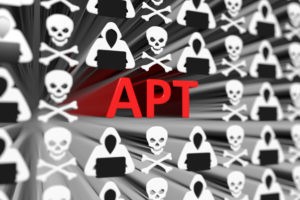Proximity Key for Passwords
When it comes to security vs convenience, it is hard to find a good balance. However, the GateKeeper proximity key solution provides both. It is a proximity key-based password manager…
How to Launch RDP Session Automatically at Login
Launch your RDP session automatically at login. Launch RDP automatically. Follow the step-by-step directions for using Windows Task Scheduler (Windows 10) to launch a Remote Desktop Session every time the…
Thwarting Insider Threats
Insider threats are difficult to see and even harder to acknowledge for most organization. “How could our own people be a threat to us?” Yes, this is exactly the type…
What is an Advanced Persistent Threat?
Advanced Persistent Threats explained. Advanced Persistent Threats (or “APTs”) are a dangerous form of cyber attack where a team of intruders use sophisticated hacking techniques to establish a long-term presence…
How Mistakes, Forgetfulness, and Carelessness can Undo the Best IT Security
Some things just can’t be anticipated and protected against. Human foibles are at the top of the list. Human beings aren’t perfect, and their mistakes, carelessness and just plain bad…
Satori Malware Aims at D-Link Routers
Satori isn’t new malware, but it’s the most infamous of its kind in the IoT world. Satori is a malicious application that scans the Internet for vulnerable devices and adds…
The Rise of Currency Miner Malware
Crypto currency is in high demand. Not just for everyday people, but for cyber criminals. Insider threats are considered the most malicious of cyber threats. Insiders already have access to…
Understanding Your Employee Cybersecurity
A common error with most employee cybersecurity is that what they do is exempt from all other issues in regard to security. The fact is that cybersecurity has a lot…









